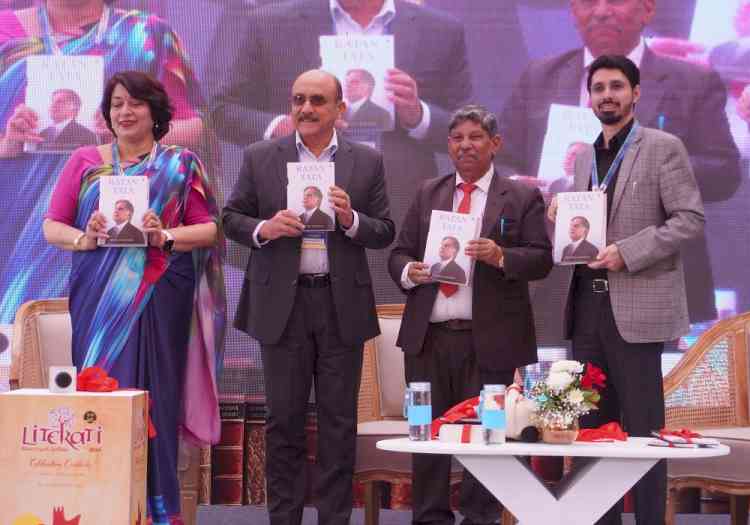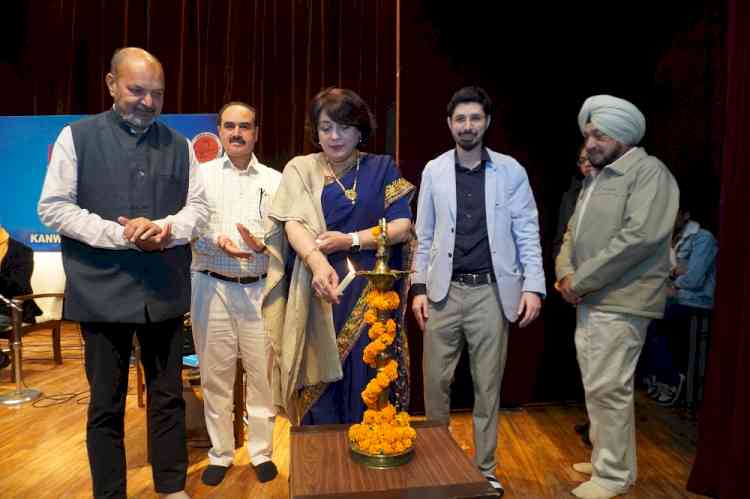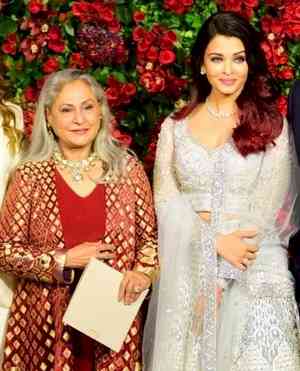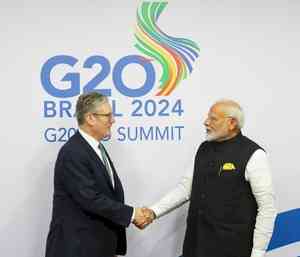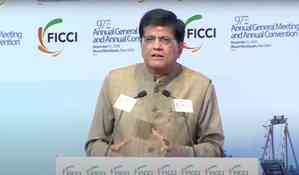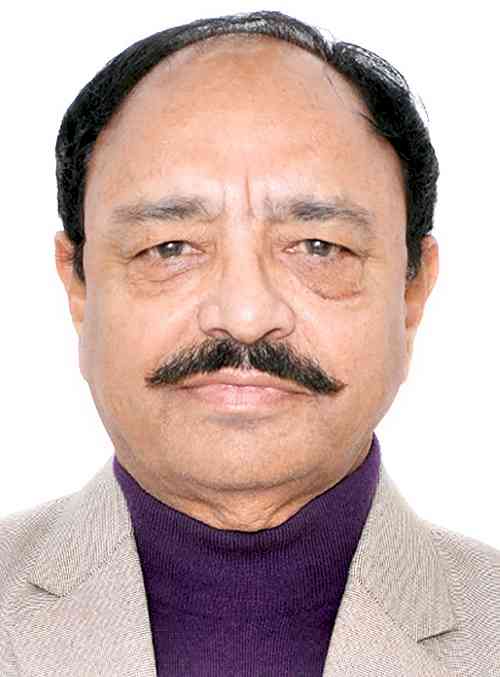5 Indian poets addressing racism in their work
Before we begin this article, we must first define what exactly racism means and how it applies in the Indian context. According to Cornell Law, "Racism is the incitation of discrimination, hatred or violence towards a person or a group of persons because of their origin or their belonging, or not belonging, to a specific ethnic group or race. Such discrimination, hatred, and violence are directed against minority groups".

PRIYANKA SHAH
New Delhi, May 21 (IANSlife) Before we begin this article, we must first define what exactly racism means and how it applies in the Indian context. According to Cornell Law, "Racism is the incitation of discrimination, hatred or violence towards a person or a group of persons because of their origin or their belonging, or not belonging, to a specific ethnic group or race. Such discrimination, hatred, and violence are directed against minority groups".
Racism is deeply rooted in many democracies, it is where we doubt the capabilities, intentions, and actions of minorities, or of those of colour, hence causing physical and mental harm and an inability to rise for those less privileged. Poetry is a form of writing with a slant, to convey meaning lost. Poetry for long has been observed as a way of protesting, speaking, and leaving to the imagination what may go un-spoke.
To think of contemporary Indian poets who've done an excellent job at political poetry, poetry to raise voice for those tired of speaking their own words, writing for those tired of fighting their own fight would be:
Vir Das
A world-respected comedian, writer, a man who brings out the diaspora of India in its truth and entirety, with a catharsis only a common man would understand, despite performing satires and social comedies at some of the biggest venues across the world, he writes of his daily struggles with subtlety, a strange crudeness, a calming twisted honest - he speaks of his daily hustle, his daily exhaustion, his hard work in a country, for a country, in a way that not those who live settled, established lives feel awry, not letting the people of his country ever feel below.
Karuna Ezaraparikh
We've loved Karuna's books, 'The Heart Asks Pleasure First' and her book of poetry, 'Where Stories Gather', both addressing Indian women, love stories, the bonds of love, and what that means for countries and kinds. Her work often speaks to Indian women, it doesn't matter who she may be, of what colour, of what past, of what country, of what culture, her poetry resonates with each one, and gives them a shot at rising, at seeking, at imagining, at wanting without letting their personal histories or cultural barriers bogging them down. Karuna does this act that only women can host, raise one another gracefully, with words, with art, with tired skin, with dampened hair, with a dog who loves, a husband who grumbles but stays put, with their pasts deep in their lives but their future bold, with a spirit than trespasses spaces otherwise left grim and cold.
Rega Jha
While Rega hasn't written a book yet, she often posts long poetic essays on her social media handle, loved and lapped by us all, she represents her views on feminism and politics on stages across the globe, and she addresses issues of women's mental health, women's sexuality, social media, and its ills and how it evaporates humanity from us if we don't look left then right. She started a newsletter through the Covid lockdowns addressing moments of her life and how they traced back to her own evils and moments of goodness like gold, she brings out our shared humanity in how she speaks of flowers, gardens, and war memorials in one breath but then writes the lives of celebrities in another without making them seem any different from one another. Her following stays stable wherever she goes, because of the honesty and humour she writes with and speaks in, self-deprecating with a beauty only a poet can boast.
Meera Ganapathi
Better known as 'onemeerkat', we love how she writes little stories a lot deeper than words would sow, they're about the common man, a woman in a saree, a man in a bookstore, a child in a school, about emotions of friendship, of love, of shame, of the labour of being a woman, sharing other's arts as she shares her own, posing often in beautiful sarees herself, in the moistness of air that only the South of India could offer. Somehow her work bridges a cultural divide across the Indian subcontinent that poets of India often leave unaddressed when they write, thus, bringing voices closer, and making art a more universal entity than we would otherwise know.
Devangana Mishra
The new poet on the block in Bombay is recently returned to India, Devangana Mishra. A teacher who runs her own think tank for children on the spectrum of autism, her poetry reminds us of Slyvia Plath, a poet that lost her own life in the darkness that words can sometimes consume one into. She listens to stories of men and women and parents and families and children and strangers and people in coffee shops or in parks or in award shows and writes what strikes her in her notebook, which she later flips through and turns a few to poetry, her book, DesirtoFlorido, is a summation of that, without letting anyone know or feel they've been told but by being seen, by one and all.
(Priyanka Shah is an Independent journalist and a womenprenuer)
(IANSlife can be contacted at [email protected])


 IANS
IANS 
